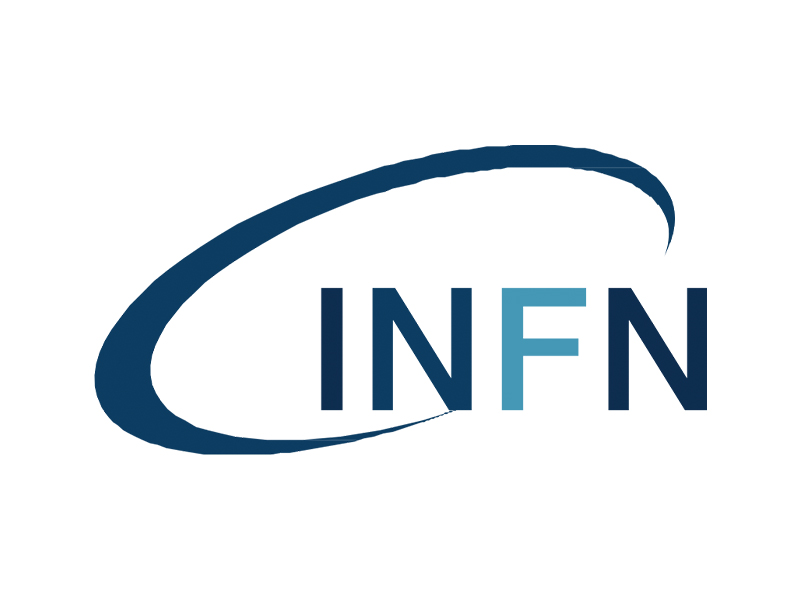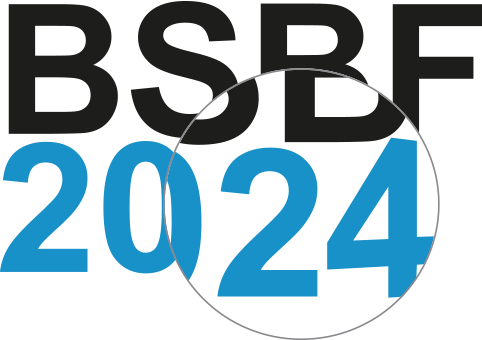
INFN - Istituto Nazionale di Fisica Nucleare
The National Institute for Nuclear Physics (INFN) is the Italian research institution devoted to the study of the fundamental constituents of matter and the laws governing them, overseen by the Ministry of University and Research (MUR). It conducts theoretical and experimental research in the fields of subnuclear, nuclear and astroparticle physics. For the time being, the INFN employs, as personnel or associated researchers, about 5,000 scientists whose work is recognised internationally for their contribution not only to various European laboratories, but also to numerous research centres worldwide. All the INFN’s research activities are undertaken within an international competition framework, in close collaboration with Italian universities on the basis of solid academic partnerships spanning decades. Fundamental research in these areas requires the use of cutting-edge technology and instruments, developed by the INFN at its own laboratories and in close collaboration with high-tech companies, especially small and medium-sized enterprises (SMEs). It participates with them in joint initiatives for Italian projects but, above all, in major international ventures. For instance, Italian companies made an extremely significant contribution to the construction of the most technologically advanced components used in the LHC particle accelerators at CERN in Geneva and are deeply involved in DUNE projects at Fermilab and in ESS, XFEL and many others as well. Currently INFN is also carrying on several infrastructure projects, both as leader and as partner. For example: ETIC – Einstein Telescope Infrastructure Consortium, EU-APS – Eupraxia Advanced Photon Sources, IRIS – Innovative Research Infrastructure on applied Superconductivity, KM3Net4RR – KM3 Neutrino Telescope for Recovery and Resilience, LNGS-FUTURE – LNGS Facilities Upgrade To Unveil Rare Events, TERABIT – Terabit Network for Research and Academic Big data in Italy, EUPRAXIA at the Frascati Laboratories, CTA+ – Cerenkov Telescope Array Plus. During the period 2024-2028 significant investments are planned in the followin main technilogical areas: complex buildings constructions and safety related systems, cryogenics, vacuum, and leak detection technologies, diagnostics, detectors, sensors, optics, and instruments, electrical, power electronics, electromechanical and RF systems, high precision and large mechanical components, information and communication technologies, instrumentation, control and CODAC, superconductivity and superconducting magnets.
Category: ABSO
Booth's code: A67


